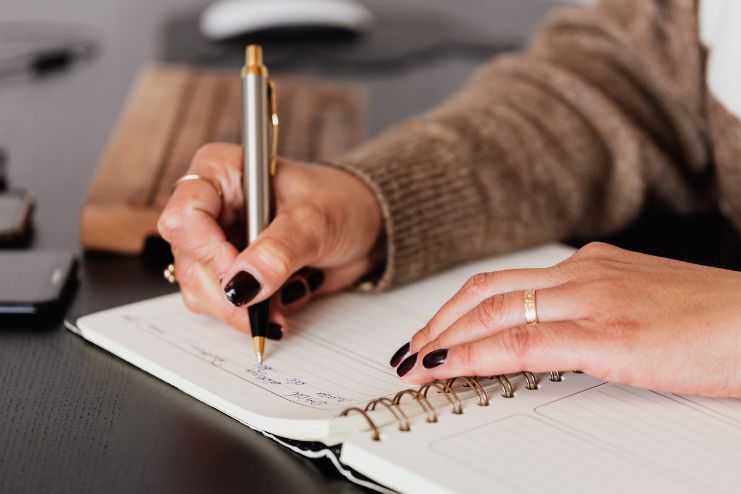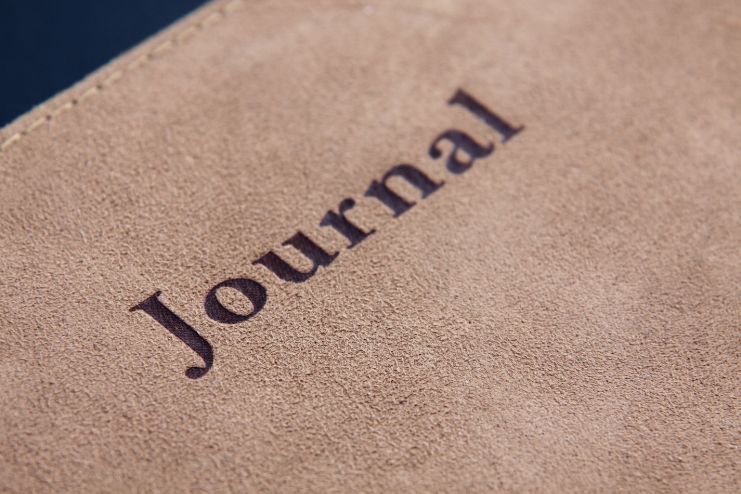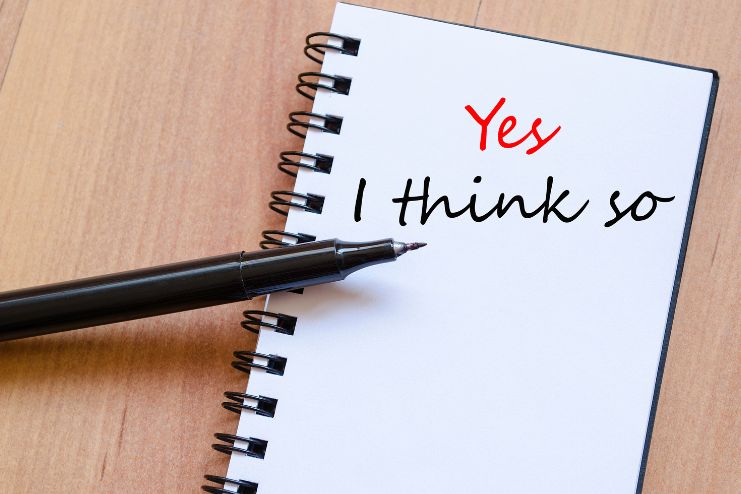“I assumed journaling meant writing down feelings — until it rewired how I think.”
I never thought journaling would be one of the most powerful mental tools I have used in the last few years. Like most, I had linked journaling with emotional release, teenage diaries, or a self-help fad. But curiosity prevailed. Struggling to keep up with work stress, coping with screen addiction, and attempting to remain grounded, I felt mentally disorganized. That is when I came across the concept of morning journaling.
I chose to commit to a straightforward 21-day test — 10 to 15 minutes of morning journaling, before checking my phone or beginning the day. My intention? To monitor how it affected my mindset, productivity, and emotional state. I didn’t anticipate huge shifts but discovered subtle, profound changes that got bigger over time.
Read More: Best Mindfulness Journals for Anxiety and Self-Reflection
The Journaling Method, I Chose
I wanted to make it easy and relaxed. I didn’t have perfect writing or profound philosophical musings in mind. Instead, I took a flexible approach that blended free writing, gratitude journaling, and genuine reflection. Sometimes, I wrote down what was on my mind. Other times, I began with “Today I want to feel…” or jotted down several things I was thankful for.
I stuck to ten to fifteen minutes of writing, preferably in the first 30 minutes after waking up. The only tools I required were a pen and paper — no apps, no templates, just a clean space to pen down my thoughts. The emphasis wasn’t placed on creativity. It was placed on consistency.
Week by Week, the Changes I Noticed

Week 1: The Detox
The initial days were surprisingly awkward. I would look at the page, not knowing what to write. My thoughts were scattered and confused. I saw how messy my mental space was — racing thoughts, overthinking, constantly feeling like I was running out of time.
But by Day 5, things started to shift. Recording my anxieties served to externalize them. I didn’t need to “solve” anything — just naming what I was feeling made all the difference. I began to notice small moments of calm and greater awareness during the day.
Week 2: Clarity and Emotional Release
This was where things became fascinating. As I kept opening the page in my diary every morning, I started noticing patterns. Some thoughts, emotional triggers, and limiting beliefs kept recurring. Journaling ceased to feel like a chore and became a haven — a mental mirror.
I caught myself setting clear goals for the day. I was more engaged in conversation, less reactive when things didn’t go as intended. I saw how many times my reactions were based on unprocessed feelings. Writing them down allowed me to respond, not react.
Week 3: Grounded, Productive, and Empowered
By week 3, I started looking forward to my journaling every morning. My mornings were quieter and more meaningful. I no longer leapt at emails and lists. Instead, I slowed down, reflected, and asked myself, “What do I need today?”
This little shift had ripple effects. I spoke up more boldly, addressed hard tasks with simplicity, and quit doubting myself. I reconnected, too, with old, neglected aspirations — journaling led me to discover what I wanted, not merely what I “should” desire. There was a deep sense of grounding and self-trust I hadn’t felt in a long time.
Read More: Spiritual Wellness: 8 Daily Habits for Nurturing Your Soul
Unexpected Benefits

I began journaling to clear my mind in the mornings, and I ended up experiencing a range of benefits that went far beyond what I had imagined. These changes weren’t just subtle — they gradually transformed how I approached my days, my thoughts, and even my habits.
- Improved Sleep Quality:
Even though I wasn’t journaling at night, the process of shedding my mental load in the morning had a dramatic effect on sleeping. With fewer loose ends churning in my mind during the day, my evenings were more peaceful. I found that I wasn’t staying awake, reliving conversations or mentally writing out tomorrow’s list. My sleep was more restful and rejuvenating. - Reduced Urge for Screen-Time:
I wasn’t expecting that journaling would have an impact on my screen time, but it did. By beginning mornings in analog form — pen, paper, quiet — I found it less tempting to immediately grab my phone. This ripple effect continued throughout the day. I became more aware of when and why I was grabbing my devices. Rather than defaulting into doom-scrolling at breaks, I found myself stopping, stretching, or simply taking a breath. Journaling rewired my default reactions.
- Stronger Emotional Regulation:
One of the most striking changes was the way I reacted to emotional stressors. By giving them space on paper, I acknowledged my feelings without allowing them to spin out. If I woke up feeling anxious, writing gave that feeling a shape, a way to release and process it. I became less reactive and more deliberate, even in high-stress situations.

- Reignited Creativity:
The empty page became an ideation playground. Without the necessity to be perfect or refined, I wrote down things I would’ve discarded elsewhere. Some days, it was fragments of upcoming projects and on others, realizations or analogies that helped me grasp life a little better. These daily mental stretches made my creative muscles stronger not only in writing, but also in problem-solving and idea generation at work. - Reconnection With Dormant Goals:
As I wrote day after day, recurring themes began to emerge — including goals and passions I had quietly abandoned. Journaling gave me a safe space to revisit dreams I hadn’t voiced in years. It reignited interests I thought I didn’t have time for. I realized some of my “lack of motivation” wasn’t laziness — it was disconnection. Journaling helped me remember what excited me and enabled me to take small, actionable steps to realize those desires.
Read More: Toxic Positivity vs. Healthy Optimism – What’s the Difference?
What Helped Me Stay Consistent
Like any habit, consistency was the key — and also the challenge. Here’s what kept me going:
- Keeping my journal visible — I placed it on my bedside table so I wouldn’t forget.
- Starting small — On low-energy days, I allowed myself to write just one or two lines. It still counted.
- Using prompts — On days when I felt stuck, questions like “What am I avoiding?” or “What do I need today?” got things flowing.
- Re-reading entries — This helped me track progress and reminded me how far I’d come, even on tough days.
Will I Keep Journaling? My Honest Take

Absolutely. Journaling has gone from being a morning routine — it’s now a keystone of my emotional resilience and mental clarity. Even when I miss a day or two, the habit has established a place in my life that feels indispensable. It’s where I sort through muddled ideas, get back in touch with what’s important, and nudge back into place when I feel adrift.
Weekly journaling, at the very least, is a commitment I will make. Not because it’s trendy or therapeutic, but because it gives me something modern life seldom does: a genuine, unbroken moment with myself. It’s where I check in not just on my productivity, but on my presence. Where I listen not to notifications or noise, but to the softer signals within.
“Journaling didn’t just help me organize my thoughts — it gave me back a relationship with myself I didn’t realize I was missing.”
References
- https://psycnet.apa.org/doi/10.1037/0022-006X.66.1.174
- https://pubmed.ncbi.nlm.nih.gov/16174643
In this Article






















